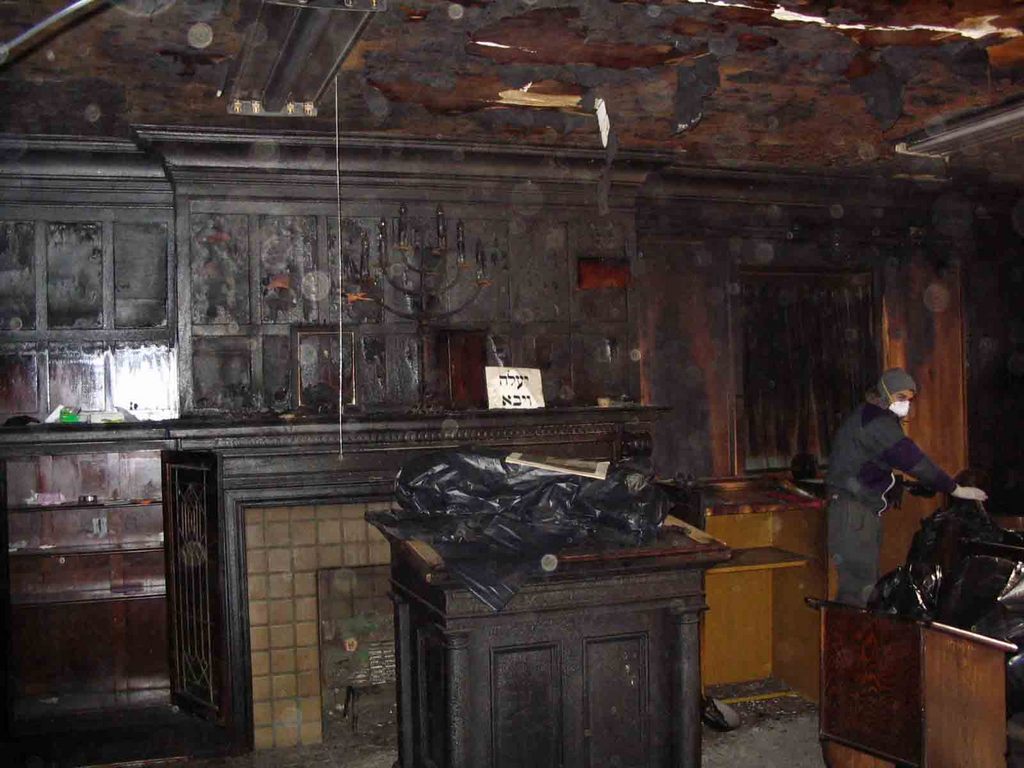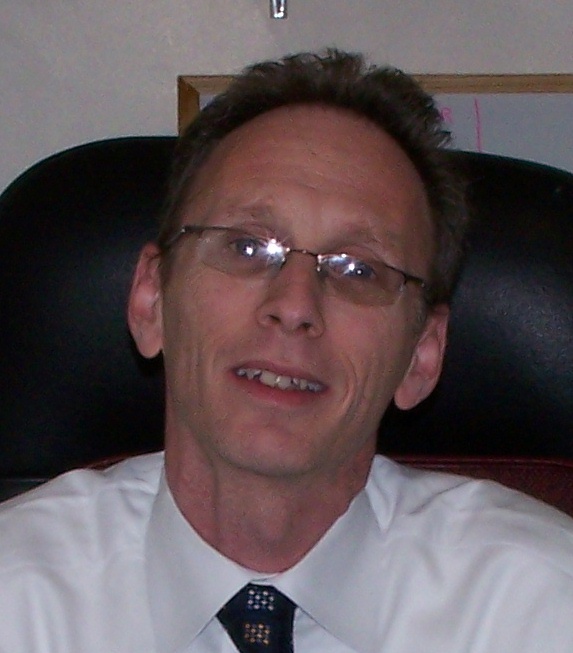Seidemann: Speaking the truth
From the other side of the bench
Issue of May 22, 2009 / 28 Iyar 5769
The person in front of me purchased two dozen roses, as did the person in front of him. A dozen each for the women in their lives, their mothers and their wives. I felt my voice constrict as it was my turn. “One dozen roses please,” I said. “None for your mother?” asked the proprietor. “No, she’s been gone for 15 years now,” I replied.
Fifteen years later and I still can’t believe it. I think of all the events my mother missed; my wedding, the births of all my daughters, all the holidays, the Bas Mitzvahs, the other milestones in their lives from their first steps, to what will be their steps down the aisle of a wedding hall, G-d willing.
The written word is forever but, as you are about to read, so too is the spoken one. When a person distinguishes themselves as being a keeper of their word, then G-d allows that person’s words, wishes, and prayers to dictate the ultimate outcome of events, at least as it applies to that individual’s life.
My mother, may she rest in peace, distinguished herself in her 60 years on earth as a speaker of truth and good will. She never stretched the truth and she never spoke evil about anyone. She never cursed. On the contrary, she was known as a sagely woman who always knew exactly what to say in any given situation. She brought countless non-observant Jews into the fold through gentle persuasion born out of her example of deed and speech. She was viewed as such a spiritual person by Jew and non-Jew alike in our small mid-western town of Columbus, Ohio, where it would have been so easy for all of our non-Jewish neighbors to write her off as a religious lunatic. But there was something in the way she carried herself and spoke to people that brought forth respect for her and her religion.
My sister reminded me the other day that when our non-Jewish neighbors would hear that there was an NCSY convention coming to town and that the Seidemanns would be hosting 10 to 12 teenagers, our non-Jewish neighbors would volunteer their homes as well. If Ruth Seidemann was involved in an endeavor, then it followed that the endeavor was a meaningful one and Jew and non-Jew wanted to be a part of it.
How much of an impression did my mother make? When health services reached its maximum pay out, the nurses continued to come to our home. The librarians at the public library came to her memorial service. (My mother reserved an hour for herself every Thursday night at the Bexley Public Library. It was her opportunity to relax; the only vacations she took in 42 years of marriage were a trip to San Francisco and a trip to Israel.)
How much of an impression did she make? A non-Jewish 11-year-old girl from our neighborhood wrote her a get well card when she heard she was sick.
After the cancer tightened its grip, my mother would wheel her portable oxygen tank to the bus stop and take the bus down to work. My father would then pick her up for her chemotherapy treatments in the mid afternoon, and then she would return to work for the remaining one hour. “They are paying me for a full day and it would be ‘stealing’ if I didn’t work for the hours they were paying me.”
When she was four, she told her parents that she was going to have eight children, and she did. Because she was committed to speaking the truth, her spoken words became the truth.
Nothing proved the point more than something she uttered when she was first diagnosed. Having never smoked a cigarette in her life, she was more than a bit surprised when she was told that she had lung cancer. The doctors informed her that at best she had a few months to live and that surgery really was not an option. The eternal optimist, she insisted on surgery only to wake up afterwards with a scar, but nothing removed. It seems as if she was part of a small segment of the population whose lungs were fused together at birth, making removal of any of the affected area impractical. My mother informed her doctors that despite their prognosis of three to six months, she “wasn’t going anywhere” until her youngest son finished law school.” My brother wasn’t in law school yet; in fact, he still had two years of college to complete! So while the doctors were telling her five months, she was telling the doctors five years. And so it was.
Five years after being diagnosed with inoperable lung cancer, on a Wednesday morning in May, my mother called the rabbi to our home and asked him to recite the viduy, the death bed confession, with her. She washed her hands, recited the viduy and then called the rabbi back again because she felt that perhaps she didn’t speak the words properly and we know how important proper speech was to her.
The next day, Thursday, May 12, 1994, my younger brother completed his final course in law school. Thursday night my mother lapsed into a coma and took her final breaths some 24 hours later on Shabbos eve. Her words of five years earlier became G-d’s command; as we are told in the Talmud, tzadik gozer, the righteous decrees, v’Hakodosh Boruch Hu mikayem, and G-d brings to fruition.
No one had to say anything the next day in shul. It was as if the air had been sucked out of a huge balloon as the community became aware that one of the pillars of their community had been removed. But the story doesn’t end there.
Our little shul in Columbus, Ohio was comprised of a 19-room mansion built over 100 years ago. From 1956 to 1966 it served as both the weekday and Shabbos/holiday sanctuary. In 1966 a huge addition was built which was utilized on Shabbos and holidays. The quaint little mansion continued to serve as the weekday, Friday night and Shabbos afternoon place of prayer. In 1992, two years before my mother passed away, my siblings and I dedicated the “paroches,” the curtain covering the ark, in honor of my parents.
In January of 2007 a fire ravaged that small shul which served as the repository for so many of my childhood memories. The edifice was completely destroyed and in fact, just this past Friday, the last remnants of the building were carted away as the community begins to build anew.
As the fire raged, those assembled were able to remove the Torah scrolls. Everything else was burned to ash, including the paroches. Or so it was thought.
In a plastic bag in my youngest brother’s basement in Silver Spring, Maryland, there is a two feet by two feet cloth, the only part of the cloth that was not consumed in that devastating fire. Embroidered on that small remnant are the words “In honor of our dear parents, Michael and Ruth Seidemann.”
I’m paraphrasing now, but my mother would always deliver the message that if you leave your mark on this world when you’re alive, it’ll be there, long after you are gone. It seems that she spoke the truth about that as well.
David Seidemann is a partner with the law firm of Seidemann & Mermelstein. He can be reached at (718) 692-1013 and at ds[at]lawofficesm.com.

 48.0°,
Light Rain
48.0°,
Light Rain 







